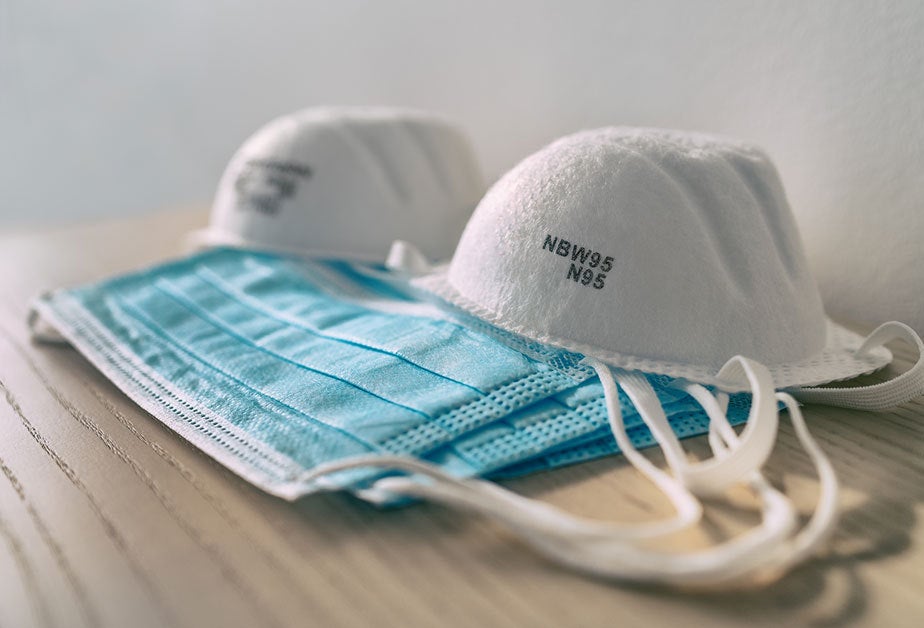Since the COVID-19 pandemic hit, there has been an unprecedented demand for personal protective equipment (PPE). The use of PPE by medical professionals, long-term care home staff, and everyday consumers at the grocery store has resulted in skyrocketing demand for PPE. The World Health Organization (WHO) has estimated 89 million medical masks and 76 million examination gloves are required for the global COVID-19 response each month.
In response, the WHO called on industry and governments, encouraging PPE manufacturing to increase by 40 percent a month. Many companies have pivoted to create medical-grade PPE, which has special criteria. Medical grade masks, for example, require a specially melted material, rather than a woven material, that creates a more complete filter to keep air particles out.
With companies modifying their manufacturing practices, it’s important they consider regulatory compliance before they start manufacturing. Companies selling PPE, such as face masks and gloves, into the European market are required to follow the Regulation (EU) 2016/425 on personal protective equipment (the PPE regulation); companies selling supplies classified as medical equipment are required to comply with medical device regulations. Companies in scope of medical device regulations may wish to survey suppliers against the EU Medical Device Regulation substance list, which comes into effect in May 2021.
European Commission Guidance on PPE Regulation
To support companies newly in scope of the PPE regulation, the European Commission issued a guidance on managing regulatory compliance. The guidance explains how companies can leverage harmonized standards, which differ based on the PPE’s use case.
To learn more about your company’s regulatory requirements while producing PPE and medical equipment, download our guidance, An Executive’s Risk Guide for Medical Device Companies.
In March, the European Commission encouraged all notified bodies to prioritize new requests submitted for COVID-19 products, but also allowed for some exceptional cases where national market surveillance authorities could authorize products for the EU market before the formal CE marking process is complete via said notified bodies. In specific situations, when products have been manufactured in line with the European standards (ENs), and are only for use by healthcare workers during the COVID-19 crisis, among other criteria, products could be brought to market before the CE marking process begins.
The guidance also lays out expectations for product testing, classification, and CE markings for PPE and applicable medical devices.
In times of supply chain disruption, many companies have leveraged technology and third-party solutions to collect supply chain data for regulatory compliance. To learn more about how Assent is helping companies shift manufacturing practices to the PPE and medical device industry, contact our experts.









